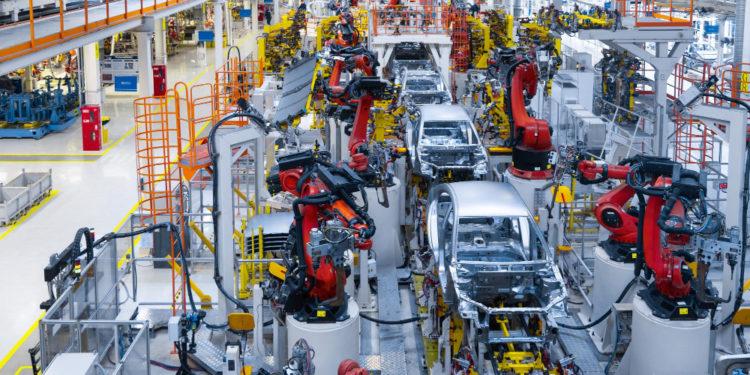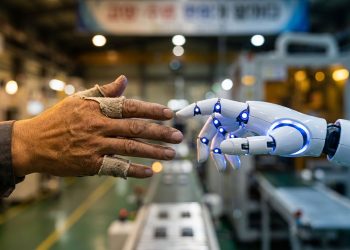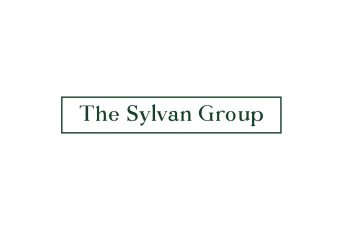South Korean automotive tech company, Hyundai Mobis, along with Kia Corporation, the oldest motor manufacturer in Korea and their parent corporation, Hyundai Motor Group announced an $18 billion (24 trillion won) worth investment on 11th April. Via new investment, the three companies will concentrate on lifting South Korea’s electric vehicle (EV) production capacity by five times in the next 8 years.
By 2030, Korea is anticipated to rise to the top third position from the present fifth position in the global EV market. As per the Seoul-based multinational automotive maker, Hyundai Motor Group, the recently released investment plan has been devised to gain long-term objectives that’ll benefit not only the company and its subsidiary partners but also the Korean economy at the same time.
The annual electric car output of the Hyundai group is likely to cross the 1.51 million unit threshold by the end of this decade. As for Korea, experts believe the country might acquire 40 percent of global EV production of approximately 3.64 million by 2030.
Hyundai’s investment announcement came out at the groundbreaking ceremony organized for Kia’s EV-only customized electric car factory dubbed AutoLand. The event was attended by hundreds of industry personnel and company administrators. During the ceremony, the ongoing transition in the automotive sector around the globe was a key highlight.
The market for automobiles like cars and buses has altered a lot in current times. Demand for carbon-neutral vehicles or EVs has increased over the years since they are environmentally friendly and feasible. Furthermore, vehicles with faster data transmission as well as AI cordiality have become the current trend.
In 2021, the sales of EVs reached 6.6 million units which was double the sales in 2020. The sales of electric-powered vehicles keep going up despite expanding costs of production and materials. According to Hyundai and market directions, the worldwide sales of EVs are looking to be rising even in 2023 and most unexpectedly it will continue next year and later too.
South Korea’s EV market is projected to generate $8.40 billion in revenue. Within the next four years, the same revenue could grow larger by 20 percent i.e. around $17 billion.
Battery or electricity-powered vehicles have begun dominating the automotive market worldwide. Sooner or later the EVs will surpass conventional vehicles. China, the US, Germany and a few other European countries are building adequate infrastructure for electric motors, cars and technology.
Likewise, Hyundai and it’s subsidiary’ new investment plan will assist Korea in nurturing a sound layout to boost EV production both domestically as well as export-wise. Industries from automobiles to batteries are going to be the beneficiary of Hyundai’s pact.
Under the $18 billion investment plan, Hyundai will emphasize the research and enhancement of the vehicle, batteries, and motors’ performance. Within the next 2 years, the company is planning to establish a separate individual platform for each vehicle type. Their strategy evolves a customer-centric approach along with fresh product lines.
The conditions of production plants won’t be overlooked. Hyundai plans to straighten up current factories and also set up new ones. South Korea will potentially observe the establishment of more research facilities and development programs.







